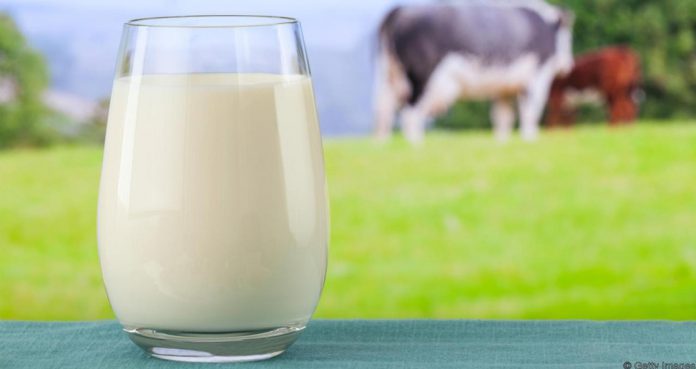A new study published in the International Journal of Epidemiology has found that women who consume dairy milk are more likely at risk of developing breast cancer.
Researchers from Loma Linda University Health explained that even a moderate amount of dairy milk could increase a woman’s risk of breast cancer. The risk could be up to 80% depending on the amount of dairy milk consumed.
Study author Dr. Gary Fraser said the study gives “fairly strong evidence that either dairy milk or some other factor closely related to drinking dairy milk is a cause of breast cancer in women.”
“Consuming as little as 1/4 to 1/3 cup of dairy milk per day was associated with an increased risk of breast cancer of 30%,” Dr. Fraser continued. “By drinking up to one cup per day, the associated risk went up to 50%, and for those drinking two to three cups per day, the risk increased further to 70% to 80%.”
According to the current U.S. Dietary guidelines, one can consume up to three cups of milk per day.
Dr. Fraser noted, “Evidence from this study suggests that people should view that recommendation with caution.”
The study looked at nearly 53,000 North American women who were initially cancer-free. Their soy product and dairy milk intakes were analyzed for eight years.
The researchers found that 1,057 women were diagnosed with breast cancer in the study period. There was no association between soy products and breast cancer. However, there was an association between higher intakes of dairy milk and breast cancer risk.
Dr. Fraser noted that there were no important associations with cheese and yogurt.
He said, “However, dairy foods, especially milk, were associated with increased risk, and the data predicted a marked reduction in risk associated with substituting soymilk for dairy milk. This raises the possibility that dairy-alternate milks may be an optimal choice.”
The study author explained that the association between dairy milk and breast cancer could be due to the sex hormone in dairy milk.
Cows lactate and about 75% of the dairy herd is pregnant. And in women, breast cancer is a kind of hormone-responsive cancer.
In addition, previous studies have shown that intake of dairy and other animal proteins could increase the levels of a hormone called insulin-like growth factor-1 (IGF-1). IGF-1 has been found to promote certain cancers.
“Dairy milk does have some positive nutritional qualities, but these need to be balanced against other possible, less helpful effects,” said Dr. Fraser. “This work suggests the urgent need for further research.”























